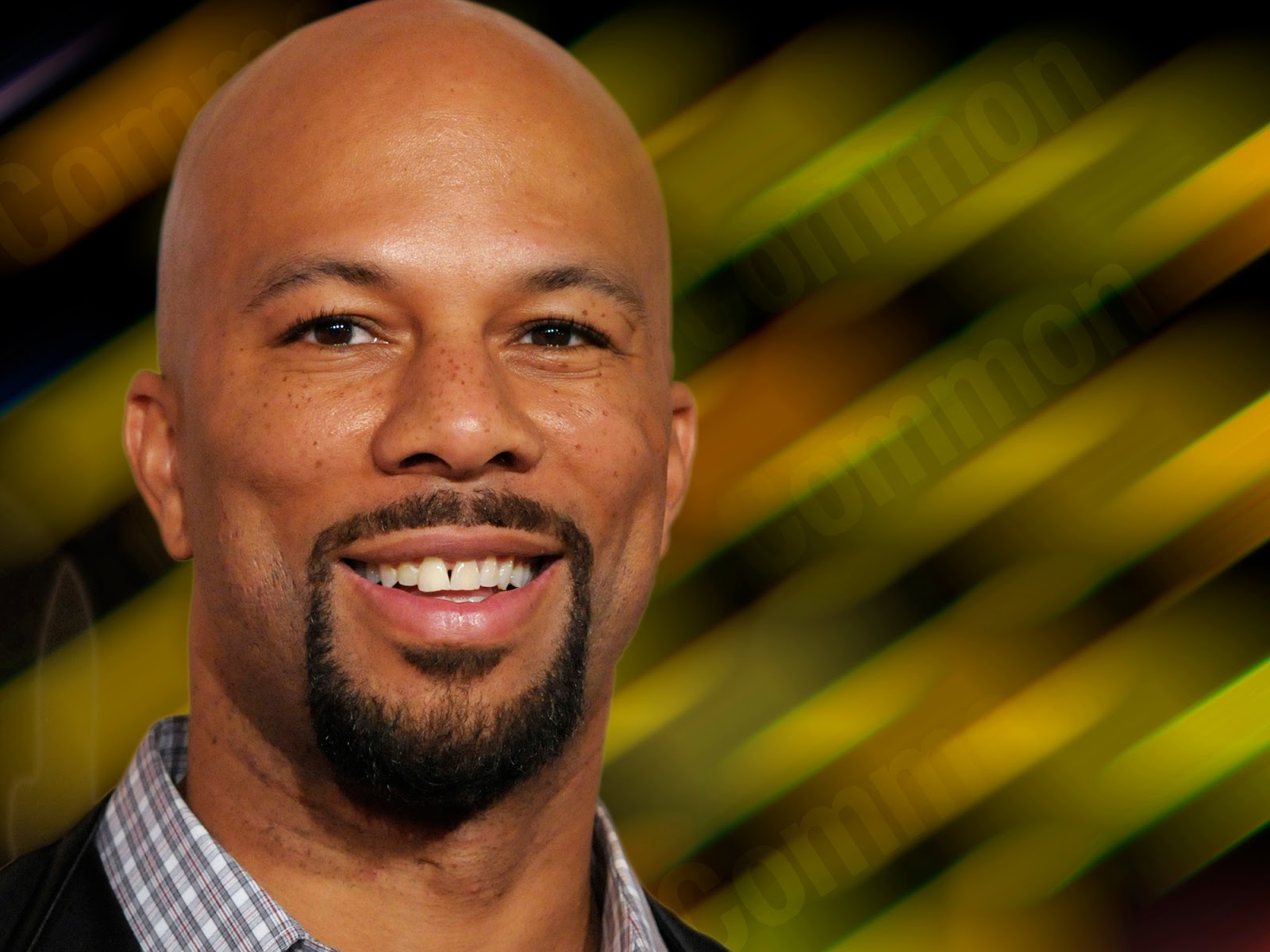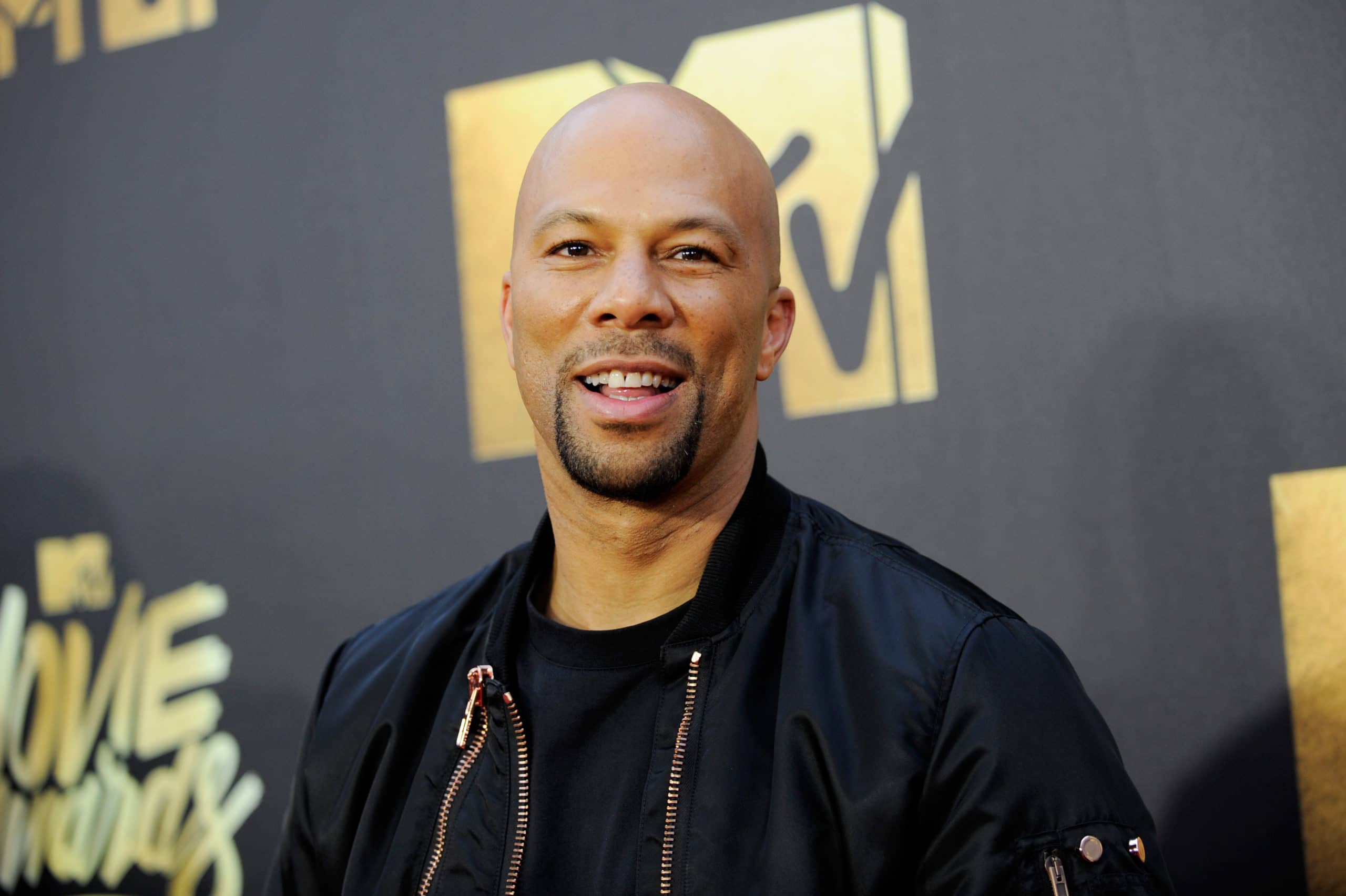Common Rapper 1990s: The Untold Story Of Hip-Hop's Golden Era
Let’s talk about the 90s, baby! The 90s was a golden age for hip-hop, and one name that stands out in this era is Common. If you’re into rap music, you’ve probably heard of him, but do you really know his journey? This ain’t just about lyrics and beats; it’s about how a young man from Chicago became one of the most respected voices in the game. So, buckle up, because we’re diving deep into the world of Common rapper from the 1990s.
You might be thinking, “Why should I care about a rapper from the 90s?” Well, my friend, this ain’t just about nostalgia. Common’s story is a reflection of the evolution of hip-hop itself. He wasn’t just another guy spitting bars; he was a poet, a thinker, and a revolutionary voice that changed the game. Stick around, and you’ll see why he deserves a spot in the hip-hop hall of fame.
This article isn’t just about facts and figures; it’s about the heart and soul of a man who used his words to inspire millions. We’ll take you through his early days, his breakthrough hits, and the impact he had on the music industry. So, whether you’re a die-hard fan or just curious about the roots of modern rap, you’re in for a treat.
- Brandi Brandt The Rising Star You Need To Know About
- Chad Johnson Net Worth The Untold Story Of Success And Wealth
Da Table of Content
- Biography: Who is Common?
- Early Life and Influences
- The 90s Breakthrough
- Lyrical Genius: What Made Common Stand Out?
- Collaborations with Legends
- Impact on the Hip-Hop Scene
- Discography: The Hits and the Gems
- Awards and Recognition
- Legacy: How Common Shaped Modern Rap
- Wrapping It Up
Biography: Who is Common?
Before we dive into the meat of things, let’s get to know the man behind the mic. Common, whose real name is Lonnie Rashid Lynn Jr., was born on March 13, 1972, in Chicago, Illinois. He’s more than just a rapper; he’s an actor, a writer, and a social activist. But back in the 90s, he was all about dropping knowledge on wax.
Now, here’s a quick snapshot of his life:
| Full Name | Lonnie Rashid Lynn Jr. |
|---|---|
| Birthdate | March 13, 1972 |
| Birthplace | Chicago, Illinois |
| Occupation | Rapper, Actor, Writer, Social Activist |
| Breakthrough Year | 1992 |
Early Life and Influences
Lonnie Lynn grew up in the South Side of Chicago, a place known for its vibrant culture and tough streets. His mom, Mahalia Ann Hines, was a teacher, and his dad, Lonnie Lynn Sr., was a former gang member turned factory worker. This mix of influences shaped his worldview from a young age.
- Barbara Handler The Iconic Figure Who Shaped Modern Real Estate
- Kelley Earnhardt Net Worth 2024 A Deep Dive Into The Life Legacy And Wealth
Common’s early years were filled with music. His mom introduced him to jazz and soul, while his dad’s street experiences gave him a raw perspective on life. These elements would later become the backbone of his music. “I was inspired by the streets, but I was also inspired by the beauty of art,” Common once said. And let me tell you, this dude ain’t just talkin’; he’s livin’ it.
The 90s Breakthrough
The 90s was a pivotal decade for Common. It was during this time that he started making waves in the hip-hop scene. His debut album, Can I Borrow a Dollar?, dropped in 1992, and it was a game-changer. The album showcased his lyrical prowess and his ability to blend social commentary with smooth flows.
But it wasn’t all smooth sailing. Common faced criticism from the mainstream rap scene, which was dominated by gangsta rap at the time. Some people thought his conscious lyrics were too soft, but he didn’t let that stop him. “I wasn’t trying to be like everybody else. I was trying to be me,” he said. And boy, did he succeed.
Lyrical Genius: What Made Common Stand Out?
Let’s talk about what made Common different from the rest. His lyrics were like poetry in motion. He had a way of weaving complex narratives into his rhymes, touching on topics like love, struggle, and empowerment. Songs like “I Used to Love H.E.R.” and “The Light” became anthems for a generation.
- Storytelling: Common was a master storyteller. He painted vivid pictures with his words, making listeners feel like they were part of the story.
- Consciousness: At a time when gangsta rap was all the rage, Common dared to be different. He addressed social issues, inequality, and the struggles of urban life.
- Versatility: Whether he was spitting fire on the mic or delivering heartfelt verses, Common could do it all. His versatility set him apart from his peers.
Collaborations with Legends
Common didn’t just shine on his own; he collaborated with some of the biggest names in the game. In the 90s, he worked with artists like DJ Premier, Q-Tip, and A Tribe Called Quest. These collaborations helped him reach a wider audience and solidify his place in the rap world.
One of his most iconic collaborations was with Lauryn Hill on the track “Ex-Factor.” The chemistry between the two was undeniable, and the song became a hit. “Working with Lauryn was like magic. We just clicked,” Common recalled. And who can forget his collaboration with Kanye West on “The Corner”? These moments defined his career and left a lasting impact on the industry.
Impact on the Hip-Hop Scene
Common’s influence on hip-hop cannot be overstated. He was one of the pioneers of conscious rap, paving the way for artists like Kendrick Lamar and J. Cole. His music encouraged listeners to think critically about the world around them.
But his impact wasn’t limited to music. Common was also a vocal advocate for social justice. He used his platform to speak out against racism, police brutality, and inequality. “Artists have a responsibility to use their voices for good,” he said. And he practiced what he preached.
Discography: The Hits and the Gems
Let’s take a trip down memory lane and revisit some of Common’s biggest hits from the 90s:
- Can I Borrow a Dollar? (1992): His debut album set the tone for his career.
- Resurrection (1994): This album solidified his status as a lyrical genius.
- One Day It’ll All Make Sense (1997): A classic that still resonates with fans today.
Each album was a testament to his growth as an artist and his commitment to his craft. “I wanted to make music that mattered, not just music that made money,” Common said. And he delivered on that promise.
Awards and Recognition
Common’s talent didn’t go unnoticed. Over the years, he received numerous awards and accolades. He won a Grammy for Best Rap Performance by a Duo or Group in 2003 for his collaboration with Kanye West on “Jesus Walks.” He also won an Academy Award for Best Original Song in 2015 for “Glory,” which he co-wrote with John Legend for the movie Selma.
But awards aside, the real recognition came from his fans. “The love from the people is the greatest award I could ever receive,” Common said. And that love continues to grow with each new generation of fans.
Legacy: How Common Shaped Modern Rap
Common’s legacy extends far beyond the 90s. He inspired a new wave of artists who value substance over style. His influence can be seen in the work of artists like Kendrick Lamar, Chance the Rapper, and Anderson .Paak. “Common showed us that you could be authentic and still succeed,” said Kendrick Lamar.
But his legacy isn’t just about music. Common is also a role model for young artists who want to use their voices for change. He continues to inspire through his music, his activism, and his belief in the power of art to transform lives.
Wrapping It Up
So, there you have it, folks. Common wasn’t just another rapper from the 90s; he was a force of nature. His music, his message, and his impact on the industry are undeniable. Whether you’re a fan of conscious rap or just appreciate good music, Common’s story is one worth knowing.
Now, here’s the thing: if you enjoyed this article, don’t be shy to drop a comment or share it with your friends. The more people who know about Common’s legacy, the better. And if you’re hungry for more, check out some of his classic albums. Trust me, your ears will thank you.
Remember, hip-hop is more than just music; it’s a culture, a movement, and a way of life. And Common? He’s one of its greatest ambassadors. So, let’s give it up for the man who kept it real in the 90s and continues to inspire today.
Article Recommendations
- Brooke Dorsay A Rising Star In The Entertainment World
- Aylin Mujica The Rise Of A Colombian Powerhouse In Entertainment And Beyond



Detail Author:
- Name : Prof. Joseph Lynch
- Username : candido.ullrich
- Email : arne.kertzmann@quigley.com
- Birthdate : 2003-06-22
- Address : 9957 Walter Valleys Suite 533 New Doylemouth, AL 70226-5740
- Phone : 628.932.9002
- Company : Sauer PLC
- Job : Webmaster
- Bio : Distinctio dolorum blanditiis eius aspernatur dolores. Nesciunt minus aut ipsa voluptatibus dicta ullam optio. Quia nihil sit aut ut ut.
Socials
twitter:
- url : https://twitter.com/heller2021
- username : heller2021
- bio : Sunt itaque qui occaecati sequi. Distinctio facilis eum molestias architecto laboriosam. Tempore et explicabo quidem sed. Eius aut laborum tempore nobis.
- followers : 5964
- following : 1923
linkedin:
- url : https://linkedin.com/in/vernice7848
- username : vernice7848
- bio : Autem sapiente quos iure vel reprehenderit quia.
- followers : 4147
- following : 1500
instagram:
- url : https://instagram.com/hellerv
- username : hellerv
- bio : Eius voluptatum ea aut. Non quia expedita dicta beatae nostrum consequatur accusantium.
- followers : 6427
- following : 394